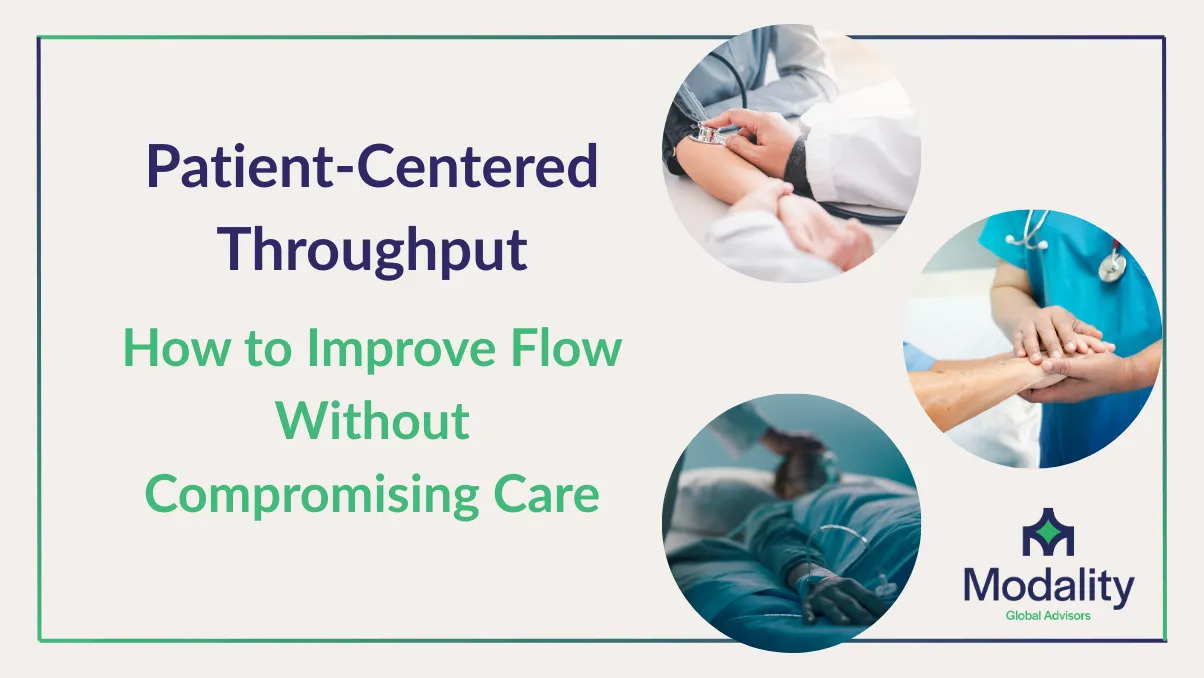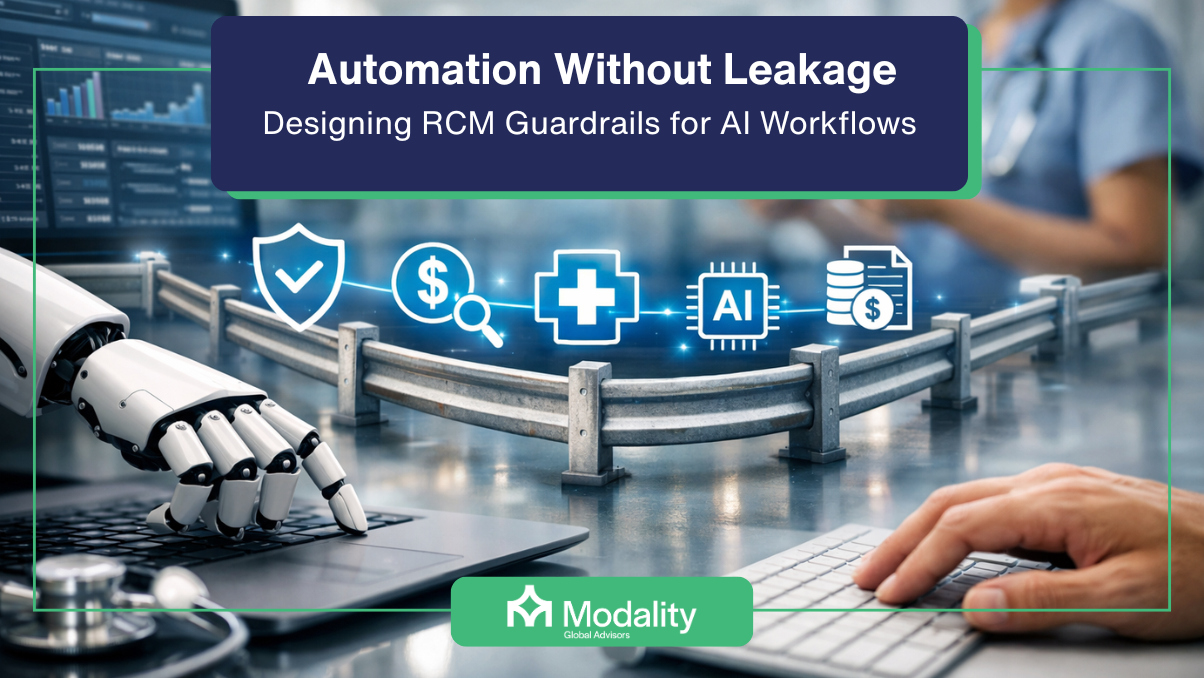Patient-Centered Throughput: How to Improve Flow Without Compromising Care
Patient-Centered Throughput: Efficient Perioperative Care Without Compromise
In high-acuity specialties like cardiology and oncology, speed can save lives—but only when it’s matched by safety. As volumes rise and urgency grows, hospitals must reduce wait times and length of stay (LOS) without turning ORs into assembly lines. The answer is a patient-centered throughput strategy that blends clinical excellence with operational precision.
The Core Challenge: Balancing Speed and Quality
Perioperative services often become flow bottlenecks—pre-op clearance delays, congested PACUs, and late-day overruns ripple into postponements, extended LOS, and elevated risk. Accelerating turnover without coordination invites staff burn-out and clinical errors. Balancing speed with safety requires thoughtful, data-driven planning.
Redesigning Flow with the Patient at the Center
- Risk-Based Pre-Op Pathways: Sequence evaluations by case complexity and comorbidities to prevent avoidable day-of-surgery cancellations.
- Pre-Surgical Education & Optimization: Early engagement (nutrition, mobility, med reconciliation) improves readiness and recovery.
- Coordinated Scheduling: Bundle labs, imaging, and consults to cut handoffs, repeats, and patient burden.
Cutting Wait Times—Without Rushing Care
- AI-Powered Forecasting: Predict demand, align staffing, and smooth daily case mix.
- Dynamic Block Scheduling: Prevent late-day overruns; protect time for complex cardiac cases.
- OR Capacity Mapping: Prioritize time-sensitive oncology resections and avoid bottlenecks.
Shorter LOS—Safely
- ERAS Programs: Standardized protocols reduce variability, pain, and complications.
- Collaborative Discharge: Daily multidisciplinary rounds align goals and criteria for readiness.
- Remote Monitoring: Wearables/tele-check-ins catch issues early and prevent readmissions.
| Throughput Lever | What Changes | Quality Safeguard |
|---|---|---|
| Risk-based pre-op | Sequence workups by complexity | Clinical criteria & escalation rules |
| Dynamic blocks | Match case mix to capacity | Protected time for high-acuity cases |
| ERAS adherence | Reduced variability in recovery | Real-time compliance tracking |
| Discharge orchestration | Earlier, safer transitions | Post-discharge RPM & follow-up |
How Modality Global Advisors (MGA) Drives Impact
- End-to-End Mapping: From scheduling to discharge, we expose delays, redundancies, and safety gaps.
- Predictive Planning: Real-time analytics for OR, PACU, ICU, and staffing move operations from reactive to proactive.
- High-Acuity Optimization: Cardiac and oncology pathways tuned for throughput and outcomes.
- Governance & Adoption: Clinical leadership models that build accountability and durable change.
Let’s reimagine your surgical services. Partner with MGA to build patient-centered throughput for cardiac and oncology care.






